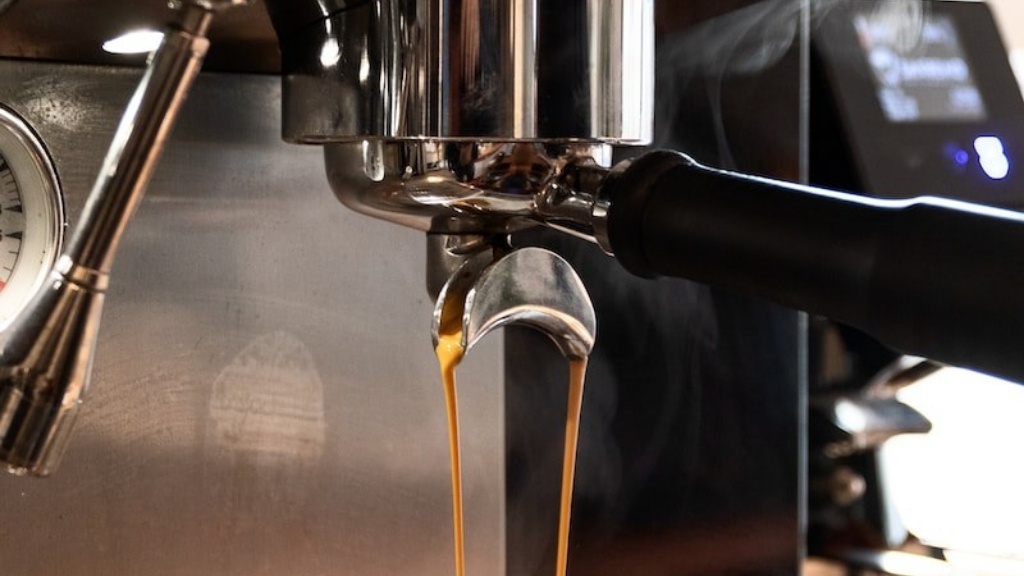At-home teeth whitening is a popular option when it comes to quickly and conveniently brightening your teeth without spending too much money. Some people swear by it, while others are hesitant due to potential risks and drawbacks. One of the biggest drawbacks of using at-home teeth whitening is that it’s often too easy to forget how long the treatment will last and when it’s safe to resume previously enjoyed activities. This includes drinking coffee, which can quickly lead to stained teeth if you don’t know how long to wait after a whitening treatment.
What is At-Home Teeth Whitening?
At-home teeth whitening is a way of whitening your teeth without professional intervention. It generally involves a whitening gel that you apply at home for 10 to 14 days. This whitening process works by bleaching your teeth, thus getting rid of any discoloration that has built up over the years. The big plus of at-home teeth whitening is that it’s relatively affordable and can be done quickly.
How Does Coffee Affect Teeth Whitening?
Drinking coffee after a teeth whitening treatment can cause significant staining on the teeth. According to dentists and researchers, the tannins and acid in coffee can interact with the bleaching and whitening agents used in the whitening treatment, causing the teeth to become yellow or even darker than they were before. For this reason, it’s strongly recommended to avoid drinking coffee until the whitening treatment has completely worn off.
How Long After At-Home Teeth Whitening Can I Drink Coffee?
Generally speaking, it’s best to wait at least 24 hours after completing the teeth whitening treatment before drinking coffee. This will give your teeth the optimal amount of time to recover from the bleaching agents and ensure that the whitening results don’t become undone by tannin staining. If you decide to drink coffee sooner than that, then you’re likely to have to deal with more frequent stains on your teeth and the need for more frequent whitening treatments to keep your teeth looking white.
Are There Ways to Reduce the Risk of Coffee Staining After At-Home Teeth Whitening?
There are some steps you can take to reduce the risk of coffee staining after at-home teeth whitening. The first step is to opt for a whitening system that uses a lower concentration of bleaching agents. This will reduce the potential for your teeth to become damaged or stained by the whitening treatment. Additionally, you should always rinse your mouth with water after drinking coffee to flush away remaining acid and tannins that can stick to your teeth. Finally, drinking your coffee through a straw can help reduce the chances of it staining your teeth.
Other At-Home Teeth Whitening Tips
Before attempting at-home teeth whitening, it’s important to understand that not everyone is a good candidate for this type of treatment. People with wide gaps between their teeth, yellow or brownish teeth and stained fillings or crowns may not see the best results with at-home teeth whitening. Additionally, those with dental issues such as cavities should avoid at-home teeth bleaching.
It’s also important to consult a dentist before considering at-home teeth whitening. A dentist can help you determine if you are a good candidate for the treatment and provide you with advice on how to reduce the risk of damaging your teeth during the process. Additionally, a dentist can provide you with a customized whitening system tailored to meet your needs and provide you with the best possible results.
Do At-Home Teeth Whitening Products Have Side Effects?
Though at-home teeth whitening products are generally safe, there can be some potential side effects. One of the most common is gum irritation or inflammation caused by the bleaching ingredients. This is usually temporary and can be alleviated by avoiding extended contact with the whitening gel and discontinuing the whitening process if the sensitivity persists. Additionally, some at-home whitening products expose users to a high concentration of bleach, which can damage your gums and even your enamel if not used carefully.
Are At-Home Teeth Whitening Treatments More Effective Than Professional Treatments?
At-home teeth whitening treatments are generally accepted as being as effective as professional whitening treatments, though the results depend on several factors. Whitening systems with lower concentrations of active ingredients may take longer to produce noticeable results. Additionally, using at-home treatments too often or not following the instructions properly can result in diminished results or even permanent damage to your teeth. It’s recommended that you speak with your dentist before deciding which option is best for you.
Should I Use at-Home Teeth Whitening Kits?
At-home teeth whitening kits can be a great way to whiten your teeth without the need for professional intervention. However, it’s important to always follow the instructions and take the necessary precautions to reduce the risk of damaging your teeth. Additionally, it’s important to remember that at-home teeth whitening kits may not be suitable for everyone. Always speak to your dentist before deciding whether at-home treatments are the best option for you.


